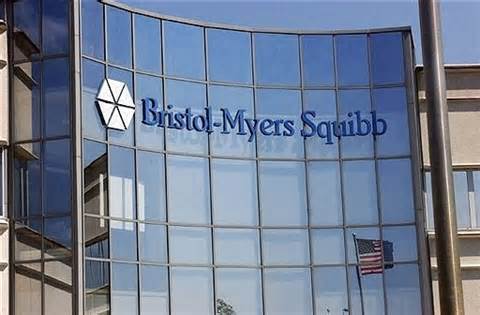Share this Page:
Disappointing news for kidney cancer patients: the National Institute for Health and Care Excellence (NICE) have issued an interim decision not to recommend the immunotherapy drug nivolumab (Opdivo®) as a second-line treatment for metastatic kidney cancer, despite it’s proven effectiveness at prolonging the life of kidney cancer patients. In their Appraisal Consultation Document (ACD) released today, NICE have made the decision that nivolumab is too expensive to be prescribed for NHS patients. This decision comes despite nivolumab being accepted for the Early Access to Medicines Scheme (EAMS) based upon some impressive phase 3 clinical trial results.
There is some hope, however, that nivolumab might enter the new Cancer Drugs Fund (CDF), which becomes operational this month. This will be on the proviso that the manufacturer, Bristol-Myers Squibb, is able to prove the cost-effectiveness of nivolumab during the 24 months that the drug will be funded by the CDF. This decision will be made at a second NICE appraisal meeting to be held early next month, after which NICE will release its final appraisal decision in October.
It is well known that a clinical response to cancer drugs is individual, and some patients respond better than others; the Kidney Cancer Support Network (KCSN) believe that clinicians need to have a choice of drugs to be able to effectively treat kidney cancer patients. NICE’s decision leaves clinicians with a very limited choice, and is denying patients access to a new and innovative class of drug with proven long-term benefits in about one third of cases. This decision also has a profound effect on the way England treats cancer patients, leaving people with kidney cancer at a significant disadvantage and more likely to die prematurely compared to the rest of Europe and America.
KCSN calls upon NICE to review its procedures for the appraisal of drugs for rare and less common cancers. The current appraisal system is unsuitable for small patient populations, and has been shown to be unfair to different groups of patients, denying rare cancer patients access to life-prolonging treatments during the most difficult time for both them and their families.
“Not only is today’s news deeply distressing for kidney cancer patients and their families, it demonstrates the current frustrating and fragmented approach to reviewing cancer medicines in the UK,” said Rose Woodward from the KCSN. “Despite the fact NICE has recognised the benefits of nivolumab for skin cancer patients, and despite hearing first-hand the difference nivolumab is making to kidney cancer patients here and in other countries, NICE is set to block access. An urgent review of this decision is needed and I sincerely hope everyone involved will work hard to reverse this decision and get this drug to the kidney cancer patients who need it.”
Alison Fielding is a 53 year-old stage 4 kidney cancer patient, who has been on pazopanib, a tyrosine kinase inhibitor, for the past 15 months. The median progression-free survival for pazopanib is 9.2 months, and the likelihood of Alison’s cancer spreading increases each month. Alison said, “As a patient, I have followed the advances in immunotherapy drugs as new treatments for cancer, and waited excitedly as each country licensed nivolumab for kidney cancer. Both within clinical trials, and anecdotally, nivolumab has shown impressive results for kidney cancer patients in terms of life expectancy and quality of life. It is a bitter blow to know that I, and many others, will be denied the drug, which offers a chance to live longer with a good quality of life. When there are examples of patients living for years on nivolumab, rather than months on highly toxic alternatives, I hope NICE can understand the level of despair patients feel as this door closes.”
Jon Birchall, a 55 year-old Farm Business Consultant, has stage 4 renal cell carcinoma with metastases in his lungs. Jon is currently one of the 200 patients in the UK to be receiving nivolumab under the EAMS. Jon said, “Many kidney cancer patients currently have their lives cut short and access to nivolumab, which we know is clinically effective, could enhance and extend the lives of so many patients. The manufacturers and NICE must find a way to make this drug available to NHS patients.”
Paul Nathan, Consultant Medical Oncologist at Mount Vernon Hospital, Middlesex, and one of the leading renal cancer specialists in the UK said, “I am disappointed to hear of NICE’s interim decision regarding nivolumab, a drug that provides significant clinical benefit to a group of renal cancer patients with advanced disease.”
If you have any concerns about this disappointing news, please get in touch with Rose or Julia at the KCSN.
To read more about NICE’s decision not to recommend nivolumab for kidney cancer, please see the following articles:
NICE ‘no’ for Opdivo in kidney cancer, PMLive
UK cost agency knocks back Bristol-Myers’ Opdivo in kidney cancer, BioPharmaDIVE
Charity calls on NICE to reverse Opdivo rejection, PharmaTimes















